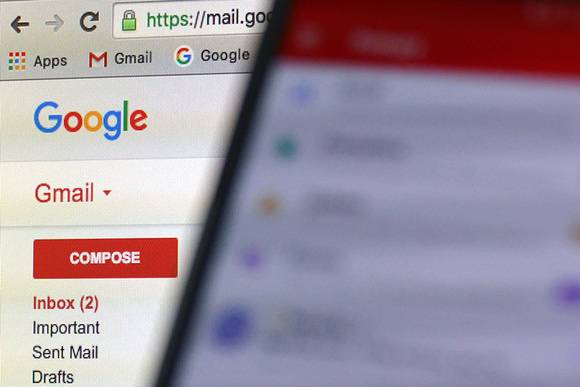One challenge that Google keeps struggling with constantly especially for Gmail is making sure everyone is secure from cyber-attacks. There is always a new email scheme by hackers to try and inject viruses to people devices and fetch some private information. This is not just for Gmail as even Google Play Store suffers as well. But a recent report by Google shows that the situation is not getting any better.
According to a blog post from the tech giant, Gmail is always tasked with blocking more than 100 million phishing emails. And during this ongoing pandemic, attackers are actually finding it easy to use the situation for their own malicious purposes.
Last week alone saw 18 million daily malware and emails related to COVID-19. This is only an addition to the 240 million coronavirus-related spam messages pushed to users every day. These emails, according to Google use both fear and financial incentives to create urgency thus prompting many users to fall into the trap.
A good example would actually be the recently exposed scheme by the Directorate of Criminal Investigations (DCI) that tries to get Kenyans to click a link that’s purported to lead to free supply of essential goods. The email was also written in such an attractive language that would lead many users to believe and click without any caution. Instead, the links were said to inject malware to people’s devices that are then used to siphon personal day including passwords, financial credentials, photos and contacts.
Undoubtedly, people are falling for such scams and it is up to every user to be careful of emails and even spam messages that are sent by anyone. Meanwhile, Google also promised to continue being as vigilant to protect its users through proactive monitoring to detect any COVID-19-related malware across systems and workflows.






Comments